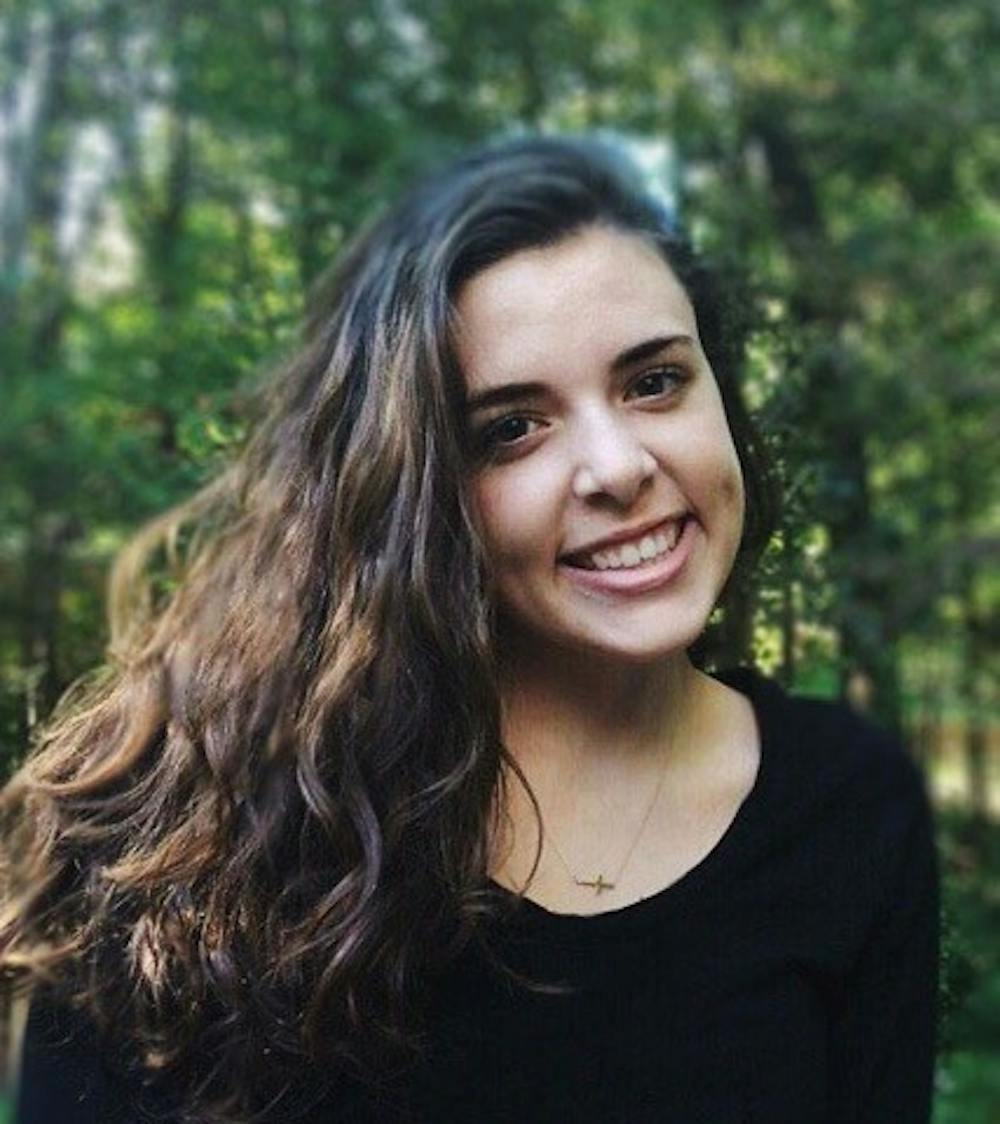Content Warning: The following article discusses sensitive topics such as suicide.
When I was 16 years old, I attempted suicide by overdosing on a bottle of aspirin.
Statistics show that suicide is the second leading cause of death among college students. It affects so many of us, yet we don’t talk about it nearly enough.
Tuesday, Sept. 10 is World Suicide Prevention Day. One of the simplest ways to address the mental health crisis is to remove the stigma surrounding it, and that starts with having a conversation.
That doesn’t mean it’s easy — being vulnerable is scary. But sometimes, having the courage to share your story gives someone else a reason to keep fighting.
The day it happened, my mom found me and immediately rushed me to the hospital, where I spent just under a week hooked up to an IV as doctors attempted to normalize my kidney function and monitor for any signs of permanent damage.
In North Carolina, anyone with a mental illness who shows signs of endangering themselves can be involuntarily committed. Because of this law, the doctors filed a petition to have me committed upon leaving the hospital.
As soon as I was released, a police officer escorted me to a psychiatric facility, where I was told I would remain indefinitely. I don’t remember much about my time there — most of the memories have been repressed — but I do remember it was terrifying. The facility I stayed at treated its patients like prisoners; not once did I undergo any sort of psychiatric treatment. It was the most dehumanizing experience of my life.



